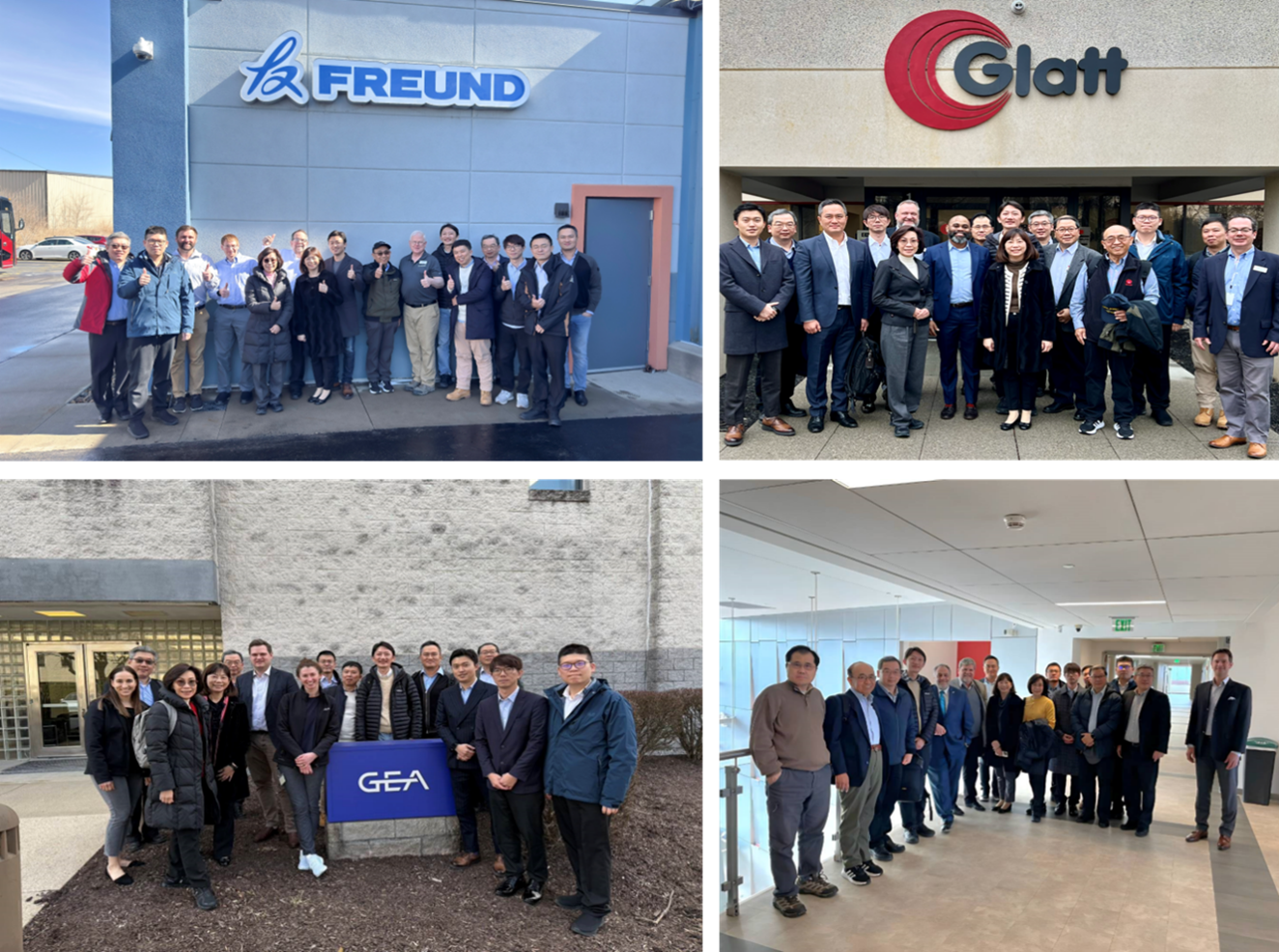
As the global pharmaceutical industry undergoes a paradigm shift driven by the vision of Pharma 4.0, Taiwan is actively positioning itself at the forefront of this transformation. With support from the Department of Industrial Technology under the Ministry of Economic Affairs, the Development Center for Biotechnology (DCB) recently led a delegation of Taiwanese pharmaceutical companies to North America to visit leading continuous manufacturing equipment suppliers and research institutions. This initiative aims to bring cutting-edge smart manufacturing technologies into Taiwan’s pharmaceutical sector.
DCB has long played a pivotal role in advancing pharmaceutical formulation and manufacturing technologies in Taiwan, contributing significantly to the industry’s technical progress. In response to the global push toward Pharma 4.0, gaining firsthand insights into advanced manufacturing practices is crucial. This visit marks a key milestone in Taiwan’s journey toward intelligent, continuous pharmaceutical production.
The delegation visited prominent equipment manufacturers such as Vector, GEA, and Glatt, as well as Rutgers University’s Center for Structured Organic Particulate Systems (C-SOPS) in New Jersey, where they met with Professor Fernando Muzzio. C-SOPS, the world’s first research center dedicated to pharmaceutical continuous manufacturing, has established strategic partnerships with major global pharma companies and receives support from the U.S. National Science Foundation. The center also plays a key role in supporting the U.S. Food and Drug Administration (FDA) in developing regulatory frameworks for continuous manufacturing.
Dr. Muzzio expressed strong enthusiasm for Taiwan’s efforts in this field, noting that DCB is now taking on a role similar to what C-SOPS played in the early days of promoting continuous manufacturing in the U.S. He expressed a keen interest in deepening collaboration with Taiwan to drive mutual innovation.
Looking forward, DCB plans to leverage its strengths in process analytical technology (PAT) and work closely with local pharmaceutical companies to co-develop continuous manufacturing equipment and modular systems. These efforts will accelerate Taiwan’s industry transformation, enhance global competitiveness, and open new opportunities in international markets.